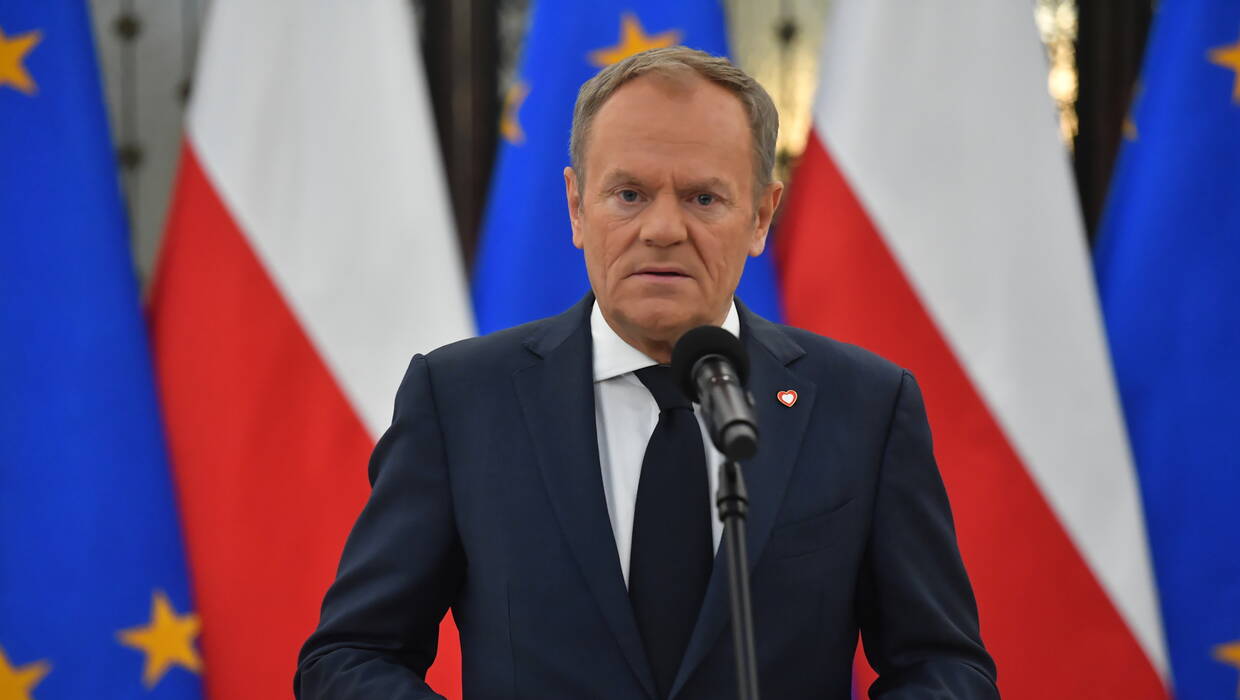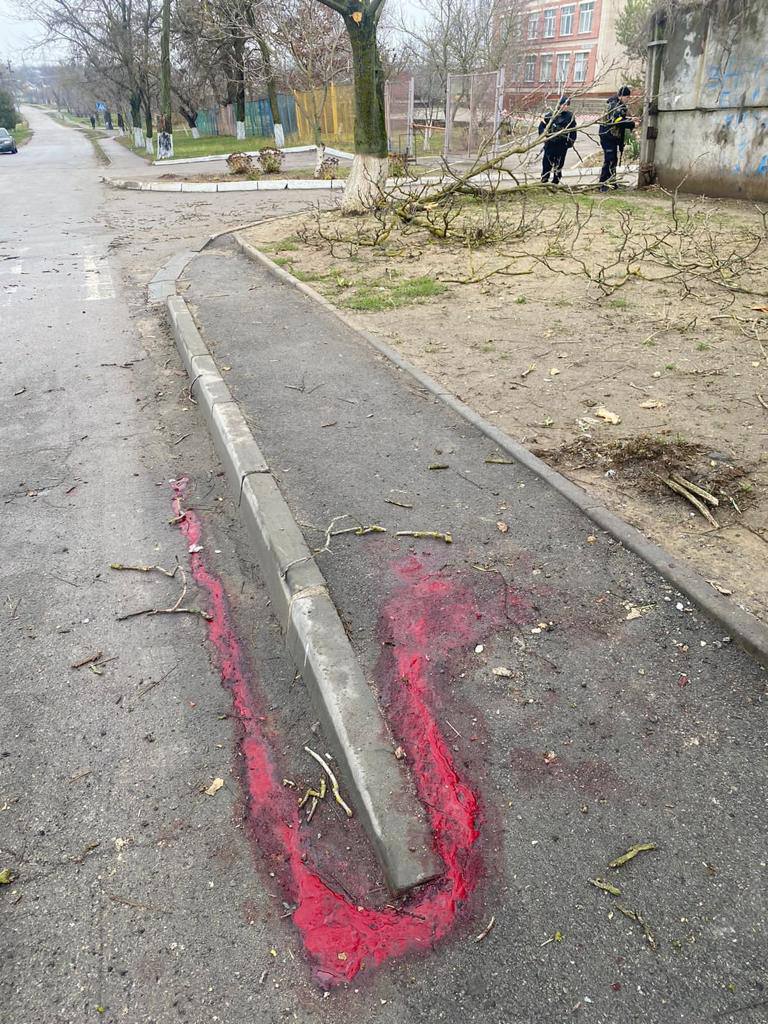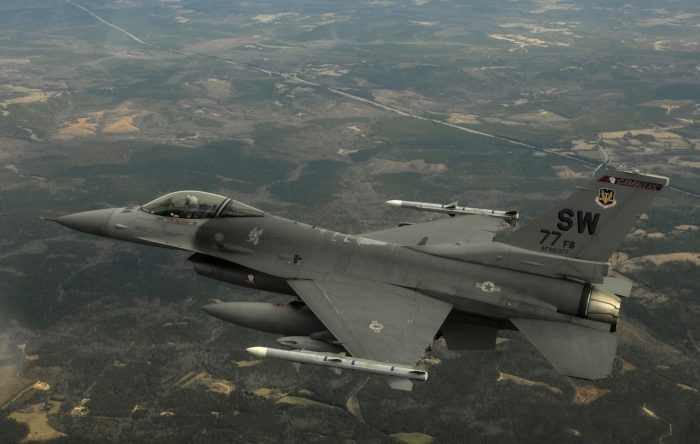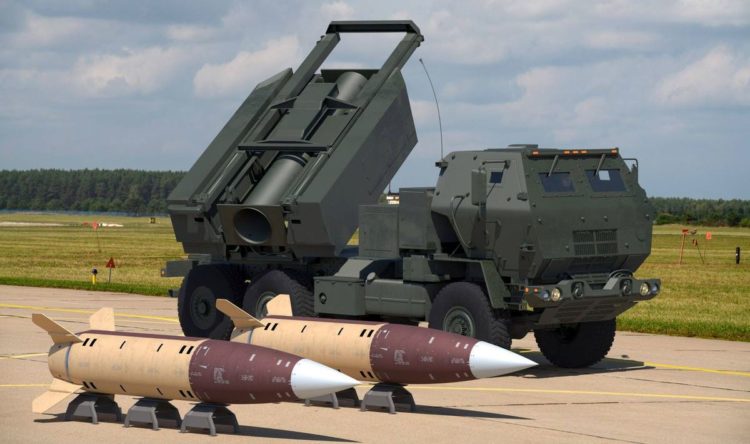Poland’s prime minister, Donald Tusk, has lambasted American Republicans after a Ukrainian aid package had been once again stalled in US Congress.
US Congressional Republicans have been stalling approval of new aid funding for Ukraine and Israel for months. The lack of aid hits at Ukraine's military capabilities as the Russian invasion of Ukraine nears its second year and Russia ramps up its economy into wartime mode.
"Ronald Reagan, who helped millions of us to win back our freedom and independence, must be turning in his grave today. Shame on you," Tusk tweeted, contrasting the Republicans' actions today with that of Republican President Reagan, whose firm policies towards the Soviet Union are believed to have led towards ending the Cold War.
Dear Republican Senators of America. Ronald Reagan, who helped millions of us to win back our freedom and independence, must be turning in his grave today. Shame on you.
— Donald Tusk (@donaldtusk) February 8, 2024
Reagan, famously known for referring to the USSR as an "evil empire," is known for a combination of military pressure, economic policies, and diplomatic engagement with Gorbachev facilitated that eventually led to the Soviet Union's dissolution in 1991.
Reagan's position is seen as increasingly in contrast with the modern Republicans, who believe the USA should do less to support Ukraine much more than their Democratic counterparts, and who have for months stalled the provision of critical military aid for Ukraine.
Senior Eastern European officials told The Guardian
that they share Tusk's concerns.
“Many think similarly, although wouldn’t say publicly in such dramatic way,” one senior diplomat from Eastern Europe was quoted as saying.
Another senior official from eastern Europe said there "is still hope that US will follow the EU recent decision on facility on Ukraine," referring to the provision of a EUR50 bn aid package.
"The US support, as the EU one, is more than vital for Ukraine, especially now when we are approaching the elections in Russia. Still confident that a solution could be found," the official said.
Tusk's criticism came after the US Senate voted down a bipartisan border security and foreign aid bill on 7 February. The 49-50 vote fell short of the 60 votes needed to advance the legislation.
The $118 billion proposal aimed to give the president power to shut down the border during high traffic while speeding up asylum reviews, allowing for quicker deportation of migrants.
It also offered $60 billion in military assistance for Ukraine, $14 billion in security assistance for Israel, and $10 billion in humanitarian assistance for civilians affected by wars in Ukraine and Gaza.
The GOP had demanded for months that border concerns be added to the compromise package that focuses on border security. However, at the eleventh hour, they obstructed the bill after opposition from former President Donald Trump.
After the defeat, the Senate tried to salvage the foreign aid provisions in a separate bill. But support remained uncertain, with Republicans insisting border measures must be included.
The setback follows a failed December vote on similar standalone legislation lacking border provisions.
Background on the holdup with US military aid to Ukraine
The stalemate on US aid to Ukraine reflects a politicization of foreign aid, where support for Ukraine has become intertwined with domestic political issues, including immigration policy and border security.
A key challenge has been the Biden administration's proposal for a comprehensive international aid bill, which includes over $60 billion in aid for Ukraine. Republican lawmakers have leveraged their votes on Ukraine aid to push for measures addressing the migration crisis at the US-Mexico border. This has led to intense debates and has risked delaying or blocking the aid package to Ukraine.
The Pentagon has highlighted
the urgency of approving the funding request, emphasizing the global implications of support for Ukraine and its role in maintaining global stability and countering aggression. The Pentagon's concerns also extend to the strategic alliances being sought by Russia with countries like Iran and North Korea, further underscoring the importance of timely aid to Ukraine.
Pentagon urges congress to approve Ukraine funding request, asserts global significance of support
In December 2023, President Joe Biden signed the National Defense Authorization Act for Fiscal Year 2024, which includes a smaller $300 million package in military aid for Ukraine.
Despite widespread Republican criticism about expenditures for Ukraine, aid to Ukraine will be mostly spent in the USA, benefitting the American economy.





